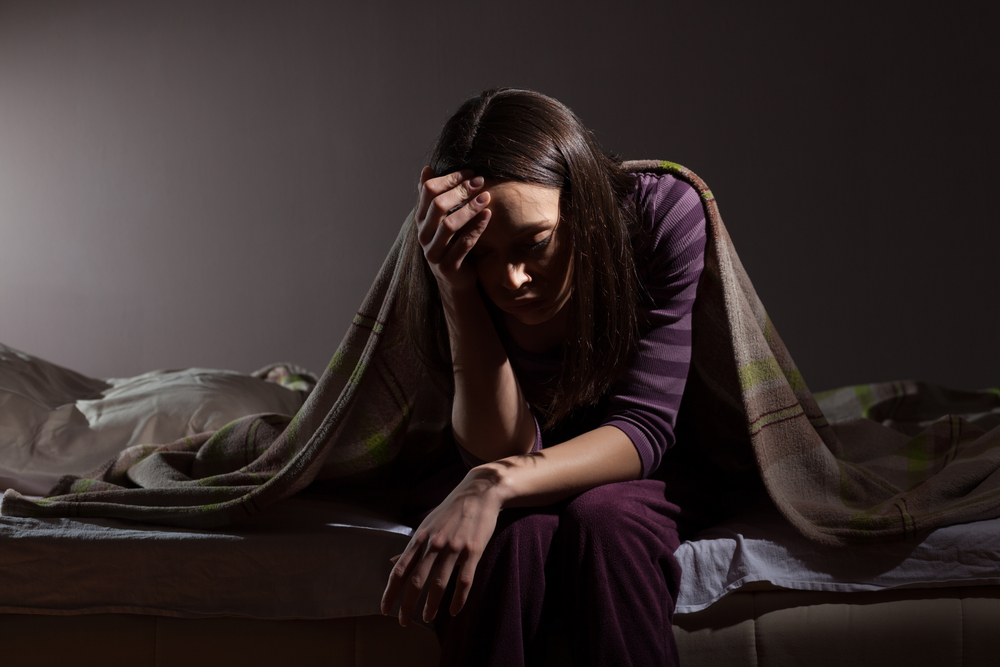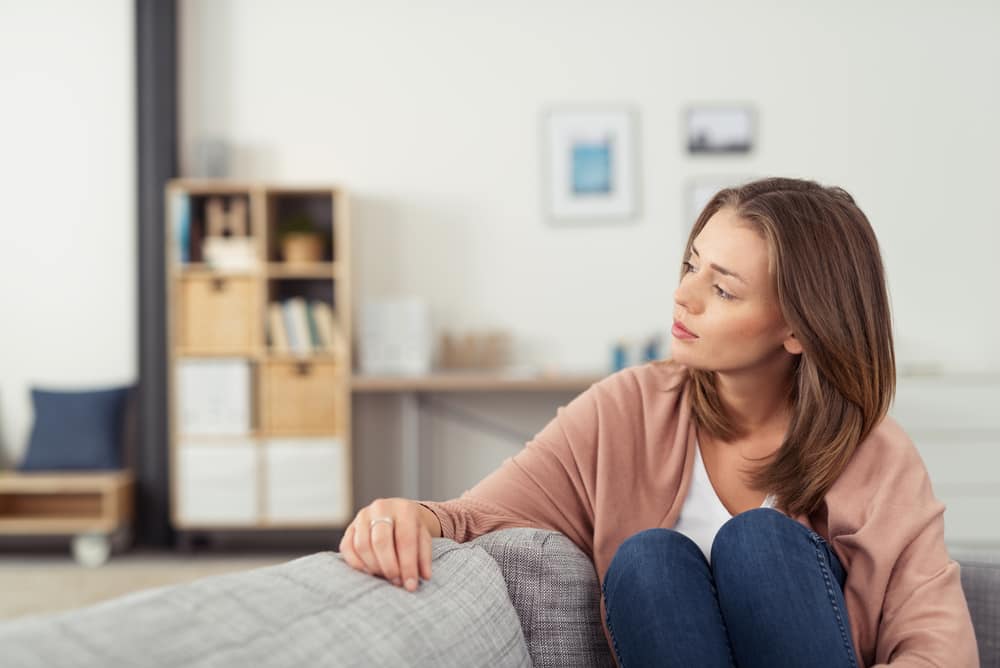Contents:
- Medical Video: The 10 Struggles Only Highly Intelligent People Have
- Introverted people have more difficulty sleeping soundly at night
- Stress interacting can make it difficult to sleep well
- Tips for sleeping well for introverts
- 1. Apply a regular sleep schedule
- 2. Create a quiet sleeping environment
- 3. Manage negative thoughts
Medical Video: The 10 Struggles Only Highly Intelligent People Have
One in 3 people in this world are introverts. If you are an introvert, you might be used to being alone to get inner peace. Usually, the atmosphere is calm and calm can help us fall asleep faster. Moreover, coupled with a mind that is "light". Sleep gets even better because there is no burden. But make no mistake. Introverted people turned out to be most susceptible to insomnia because it was difficult to sleep well at night. Why, why?
Introverted people have more difficulty sleeping soundly at night
Quoted from the Huffington Post page, a recent study revealed that people with introverts tend to be more difficult to fall asleep, easier or often wake up at night, and often have nightmares than extroverts.
Because it is difficult to sleep well, the study also found that introverted people often feel tired or even very tired when getting up early. These people also complained about being dissatisfied with the bedtime they got last night. As a result, they become more sleepy and feel weak while on the move, so they might even fall asleep in broad daylight.
This finding was obtained after giving a personality test to approximately one thousand people, who were also interviewed about their daily habits and sleep patterns. Researchers were unable to find or explain what specifically caused the problem of insomnia in introverted people. Therefore, further research is needed to improve it.
But if you want to examine it more deeply, the root cause of the problem of insomnia is that most introverts may come from the mental fatigue they experience after interacting with their people all day with many people.
Stress interacting can make it difficult to sleep well
Perhaps almost practically impossible for us to completely avoid social situations in the real world completely. However, introverted people are more likely to feel stressed or depressed in a crowded environment.
Because, they are "designed" to have a higher sensitivity to cortical stimuli in the brain. This is what makes them tend to be more sensitive and alert to the environment and the sounds around it. This relentless social interaction can drain brain power to feel tired.
That's also what makes introverts feel more anxious than extroverts. Introverts usually think more deeply about themselves and their lives. If someone gets deeper into thought, this might trigger the brain to be increasingly busy working hard even though it is already very tired. This habit can increasingly deplete the mental and stressful introverts.
Stress, anxiety, and worries that have been allowed to accumulate have long been associated as one of the main risk factors for insomnia and recurring nightmares. Exhaustion, both physically and mentally, also can no doubt make us able to sleep.
The combination of physical exhaustion and emotional stress after a day of activity makes you unable to sleep. Stress because you feel you can't sleep then adds more thoughts mumetand the eyes are more literate, so you think of other things. This makes your sleep time diminish and consequently, you find it harder to sleep.
Tips for sleeping well for introverts
Although vulnerable to insomnia, it does not mean it is impossible for you who are introverted to be able to sleep well and enough. The secret, join the methods below:
1. Apply a regular sleep schedule
Make enough sleep schedules for seven to eight hours every night. Also get used to always go to sleep and wake up at the same time every day. Then, try to always comply with these rules. For example, by installing an alarm, even on weekends and holidays.
Maintaining a consistent sleep schedule for a long time will make you accustomed to sleeping regularly.
2. Create a quiet sleeping environment
Make the bedroom space ideal for sleeping. Make sure the bedroom is light, not noisy, away from electronic devices and devices, and adjust the cool room temperature (around 20-23º Celsius). The condition of a comfortable bedroom will usually make it easier for you to sleep.
3. Manage negative thoughts
If stress and excessive anxiety often make it difficult for you to sleep, try to get rid of that negative thought for a moment.
Take control, set your mind, apply the priorities that you must live at that time. You can slip yoga and meditation exercises to make it easier to control negative thoughts.














